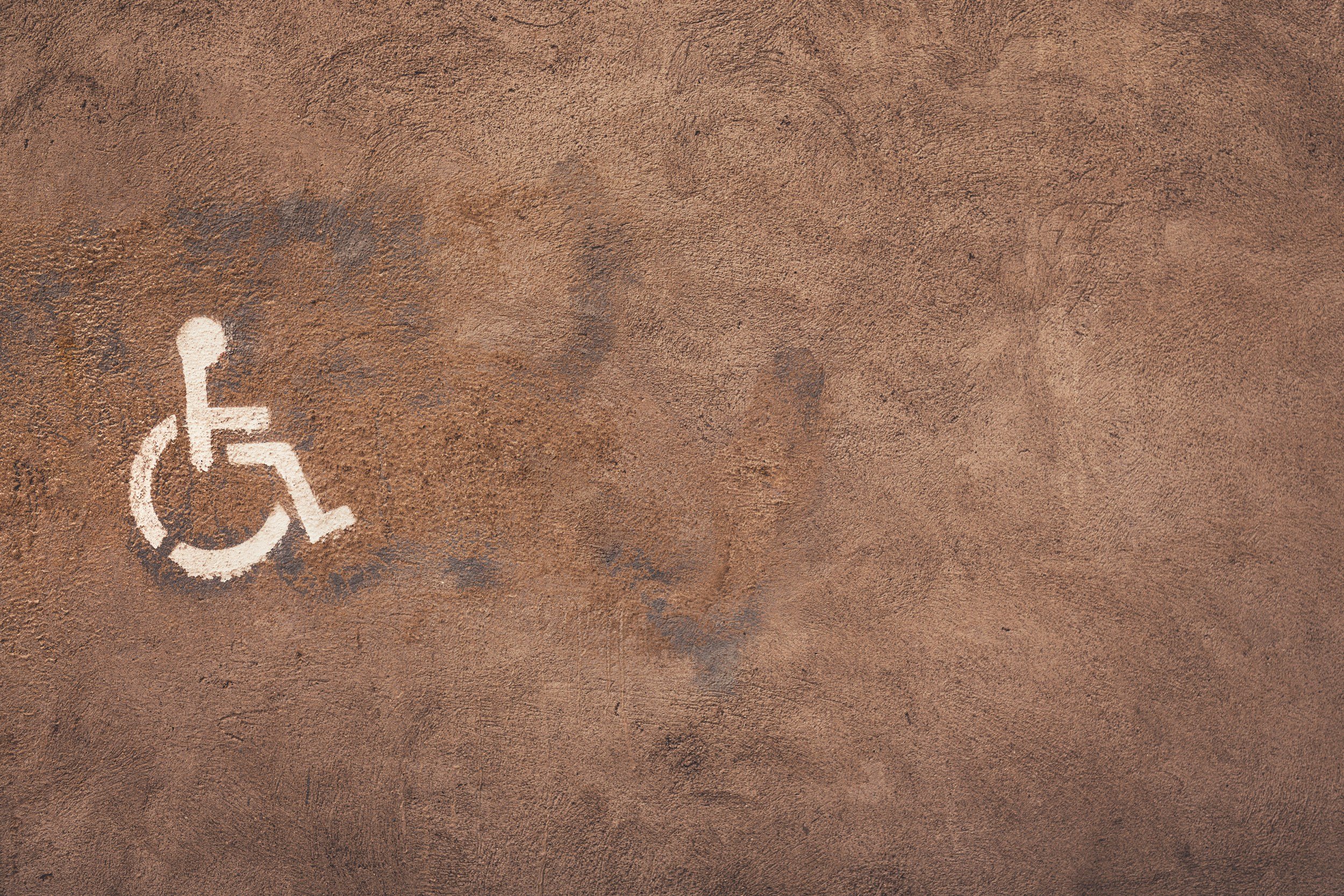Four years ago, I first heard the term IBD. Before that, I had spent years trapped in a cycle of unexplained symptoms and misdiagnoses. Then, one doctor finally said it—a possibility that changed everything. That moment marked the beginning of a long, lone, challenging journey—one that has shaped me in ways I never expected.
Living with Crohn’s disease hasn’t been easy, especially in a society where few understand it. My family had never heard of it. Neighbors mistook it for a simple gastric issue. Friends casually referred to it as an ulcer. Over time, I found myself explaining my condition again and again, trying to make sense of it for both myself and others.
It was during this confusing time that I found comfort in unexpected places.
Chad, Pete Davidson, and the Art of Indifference
I’ve always loved watching Saturday Night Live, especially the Weekend Update and parody commercials. But after my diagnosis, I found myself particularly drawn to one character—Chad, played by Pete Davidson. Chad never reacts to anything with more than a casual “Okay” or “Cool”. His simplicity and indifference fascinated me. Most importantly, it sort of aided me whenever I got tired while explaining my condition or responding to stigmas. Watching Chad made me realize that not every question deserves a long, exhausting answer—sometimes, a simple response was enough. Realistically, it saved my valuable energy.
Then, I discovered something else—Pete Davidson himself has Crohn’s disease. Watching him use comedy to talk about his struggles, even the painful ones, gave me a new perspective. He didn’t let his illness define him. Instead, he turned it into a story—one he could laugh about. That idea stayed with me.
MrBeast, A Semicolon, and a Shift in Perspective
My symptoms flared up in 2019, just as I was stepping into my role as an environmentalist, organizing startup competitions, and representing my university at environmental fests. Suddenly, everything I had been building felt uncertain. It was as if life had placed a semicolon in my path—not a full stop, but a pause, forcing me to adjust. Throughout the rest of my university moments, I was on the verge of dropping out several times.
That’s when I came across MrBeast’s story. I learned, he, too, has Crohn’s. In one of his videos, he shared how he learned to manage his illness by changing his mindset—choosing to focus on what he could do instead of what he couldn’t. That struck a chord with me. I realized that, like him, I could try turning my struggle into a strength.
Whenever pain came, I tried shifting my focus. Instead of asking, Why me?, I reminded myself that others might be facing even greater hardships like terminal illnesses. At least I am not dying—that was something to be grateful for. To save myself from stress-induced abdominal cramps, the idea acted like armor.
A Win That Came with Questions
This year, for the first time in five years, I received genuinely good news: I was awarded a scholarship to study my dream subject for my master’s. Out of thousands of applicants worldwide, only 100 women were chosen. I was overjoyed.
But when I shared the news, many people responded with an unexpected question: "Don’t they ask for a medical clearance?"
It made me wonder—how many others have felt the weight of these doubts? How many have been made to feel like their dreams should be measured against their diagnosis?
This article is for them.
To those fighting this invisible battle, I want you to know that your struggles do not define your capabilities. The world may doubt you, but that can be freeing. If you succeed, great. If you don’t, they never expected you to anyway. Either way, you win.
As someone fighting such stigmas in everyday life, I know how vital IBD advocacy is! So, a heartfelt thank you to CCYAN for giving me this space to share my journey—and to you, my dear reader, for walking this path with me. Keep going—You’re stronger than you think.
Linked videos:
Chad Horror Movie - SNL © Copyrighted by Saturday Night Live
https://youtu.be/fF6gExZu-2M?si=iW30vRB3rx-B41mG
What is Crohn's Disease????? © Copyrighted by MrBeast
https://youtu.be/pzlPJmNyepA?si=DlMUgnyYB4Gwxh8S
Featured photo by Life Of Pix from Pexels.












